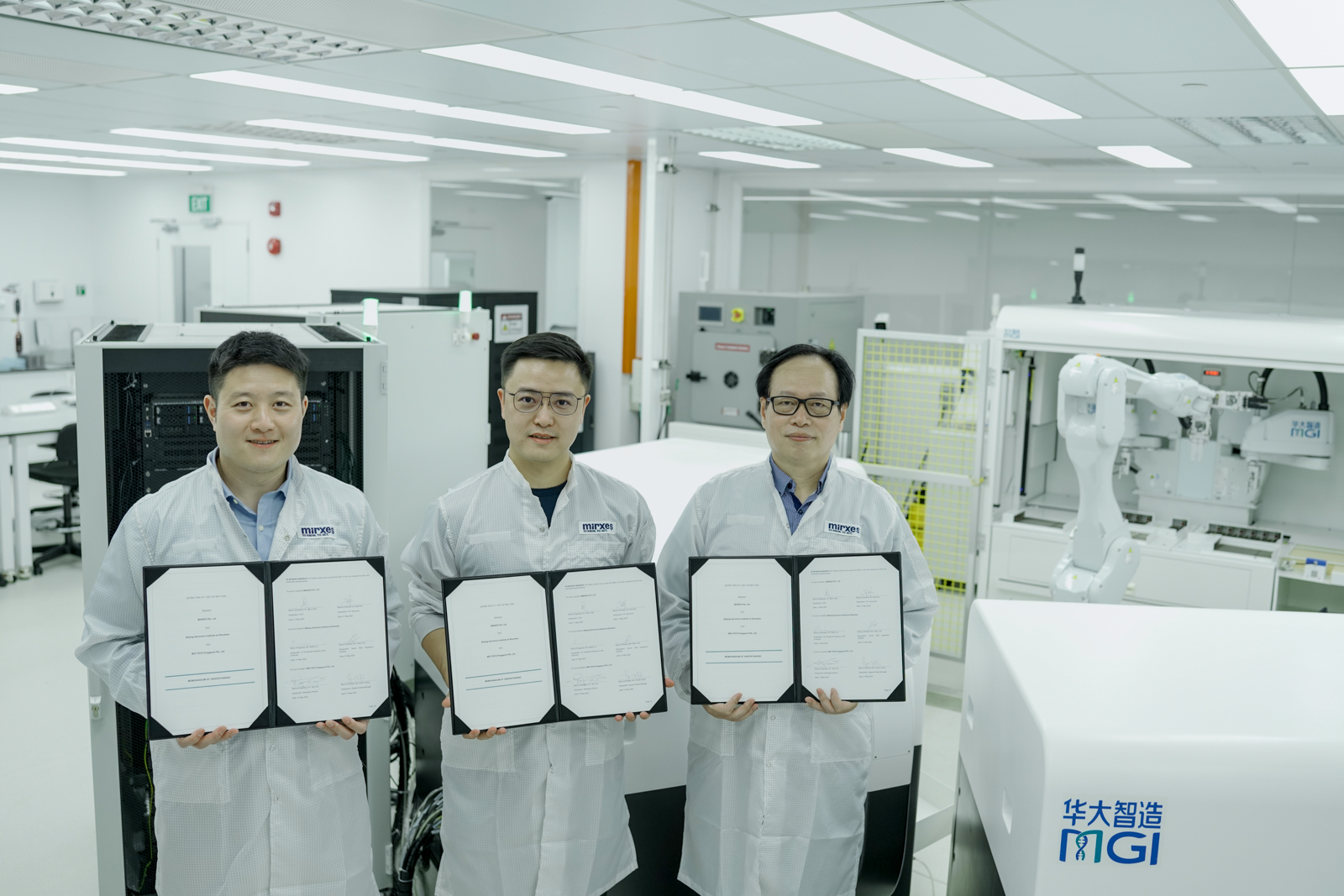Human Cell Atlas Collaborates with MGI Tech to Accelerate Human Cell Mapping Initiative

**Human Cell Atlas Collaborates with MGI Tech to Accelerate Human Cell Mapping Initiative**
The Human Cell Atlas (HCA), a global scientific initiative aimed at creating comprehensive reference maps of all human cells, has recently announced a strategic collaboration with MGI Tech Co., Ltd., a leading provider of high-throughput sequencing and automation technologies. This partnership is expected to significantly accelerate the progress of the HCA’s ambitious goal of mapping every cell type in the human body, providing unprecedented insights into human health and disease.
### The Vision of the Human Cell Atlas
The Human Cell Atlas project, launched in 2016, is one of the most ambitious biological research initiatives of the 21st century. Its primary objective is to create detailed maps of the diverse cell types that make up the human body. By cataloging the molecular characteristics of cells in different tissues and organs, the HCA aims to provide a reference framework that will revolutionize our understanding of human biology. This knowledge will have profound implications for medical research, enabling better diagnosis, treatment, and prevention of diseases.
The HCA is a collaborative effort involving scientists, clinicians, and computational biologists from around the world. It leverages cutting-edge technologies such as single-cell RNA sequencing, spatial transcriptomics, and advanced imaging techniques to profile individual cells at an unprecedented resolution. The data generated by the HCA is made freely available to the global scientific community, fostering open science and accelerating discoveries in fields ranging from immunology to developmental biology.
### MGI Tech: A Key Player in Genomics and Automation
MGI Tech, a subsidiary of the BGI Group, is a global leader in genomics and life science technology. The company is known for its innovative sequencing platforms, automation solutions, and bioinformatics tools that enable high-throughput and cost-effective genomic research. MGI’s proprietary DNBSEQ™ sequencing technology has been widely adopted in various research and clinical settings, offering high accuracy, scalability, and affordability.
In addition to sequencing platforms, MGI provides a range of automation solutions, including robotic sample preparation systems and high-throughput sequencing instruments. These technologies are designed to streamline workflows, reduce human error, and enhance the reproducibility of results, making them ideal for large-scale initiatives like the Human Cell Atlas.
### The Collaboration: A Synergy of Expertise
The collaboration between the Human Cell Atlas and MGI Tech represents a powerful synergy of scientific expertise and technological innovation. By integrating MGI’s advanced sequencing and automation technologies into the HCA’s research pipeline, the partnership aims to accelerate the pace of cell mapping, reduce costs, and improve data quality.
One of the key challenges in single-cell research is the sheer scale of data generation. Mapping the trillions of cells in the human body requires vast amounts of sequencing data, which can be both time-consuming and expensive to produce. MGI’s high-throughput sequencing platforms, such as the DNBSEQ™ series, are designed to handle large volumes of data efficiently, making them well-suited for the HCA’s needs. These platforms offer high accuracy and low error rates, ensuring that the data generated is of the highest quality.
Another critical aspect of the collaboration is automation. MGI’s robotic systems for sample preparation and sequencing can significantly reduce the manual labor involved in single-cell experiments. This not only speeds up the research process but also minimizes the risk of human error, leading to more reliable and reproducible results. Automation is particularly important for large-scale projects like the HCA, where consistency and throughput are essential.
### Accelerating Discoveries in Human Health and Disease
The data generated by the Human Cell Atlas has the potential to transform our understanding of human biology and disease. By providing detailed maps of cell types and their molecular signatures, the HCA will enable researchers to identify the cellular origins of diseases, uncover new therapeutic targets, and develop more precise treatments.
For example, in cancer research, the HCA’s cell maps could help identify the specific cell types that give rise to tumors, leading to more targeted therapies. In immunology, the HCA could provide insights into how immune cells interact with pathogens and how these interactions vary between individuals, paving the way for personalized vaccines and immunotherapies.
The collaboration with MGI Tech will accelerate these discoveries by enabling the HCA to generate data more quickly and at a lower cost. This will allow the project to scale up its efforts, mapping more tissues and organs and profiling a greater diversity of cell types. The partnership also opens up new possibilities for integrating spatial transcriptomics and other advanced techniques, providing even deeper insights into the spatial organization of cells within tissues.
### A Global Impact
The Human Cell Atlas is a truly global initiative, with contributions from scientists and institutions across multiple continents. The collaboration with MGI Tech further underscores the international nature of the project, as MGI’s technologies are used by researchers around the world. By making the data generated by the HCA freely available, the project is democratizing access to cutting-edge biological insights,